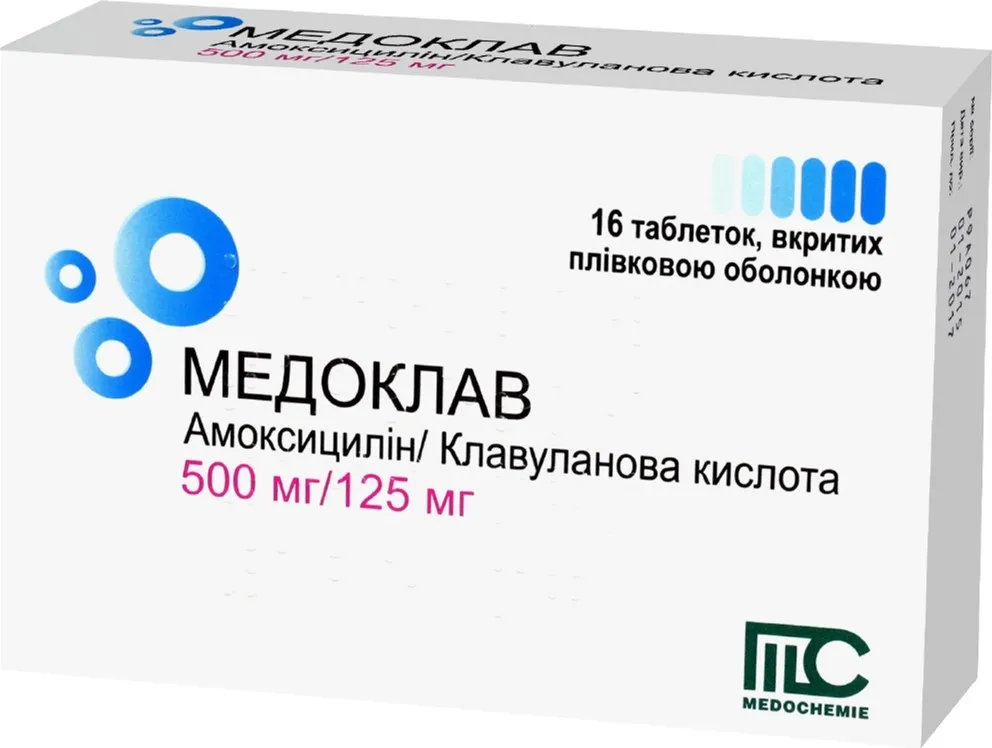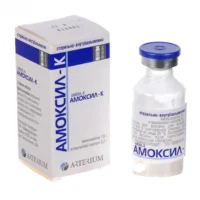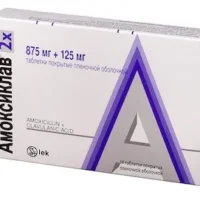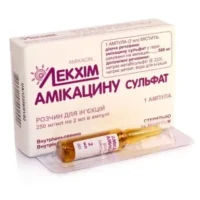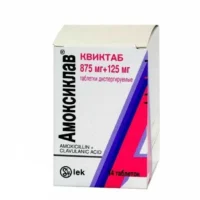Description
Medoclav (Amoxicillin) Coated Tablets 500 mg/125 mg. №16
Ingredients
Medoclav tablets contain 500 mg of amoxicillin and 125 mg of clavulanic acid. These active ingredients work together to combat bacterial infections effectively.
Dosage
For adults and children over 12 years old, the typical dosage is one tablet every 8 hours. It is important to follow the prescribed dosage and duration of treatment to ensure the best results.
Indications
Medoclav is indicated for the treatment of various bacterial infections, including respiratory tract infections, urinary tract infections, skin and soft tissue infections, and more.
Contraindications
Do not take Medoclav if you are allergic to penicillin or cephalosporin antibiotics. It is important to inform your healthcare provider about any allergies before starting this medication.
Directions
Swallow the Medoclav tablets whole with a full glass of water. Do not crush or chew the tablets. It is best to take the tablets at evenly spaced intervals to maintain a constant level of the drug in the body.
Scientific Evidence
Studies have shown that the combination of amoxicillin and clavulanic acid in Medoclav provides a broad spectrum of activity against various bacteria. Research published in the Journal of Antimicrobial Chemotherapy demonstrated the efficacy of this combination in treating complicated urinary tract infections.
Additional Information
It is essential to complete the full course of Medoclav as prescribed by your healthcare provider, even if you start feeling better before the treatment ends. Stopping the medication prematurely can lead to the recurrence of the infection.
The pharmacological action of amoxicillin involves inhibiting the synthesis of bacterial cell walls, leading to the eventual death of the bacteria. Clavulanic acid helps in overcoming bacterial resistance, making Medoclav more effective against a wider range of bacteria.

